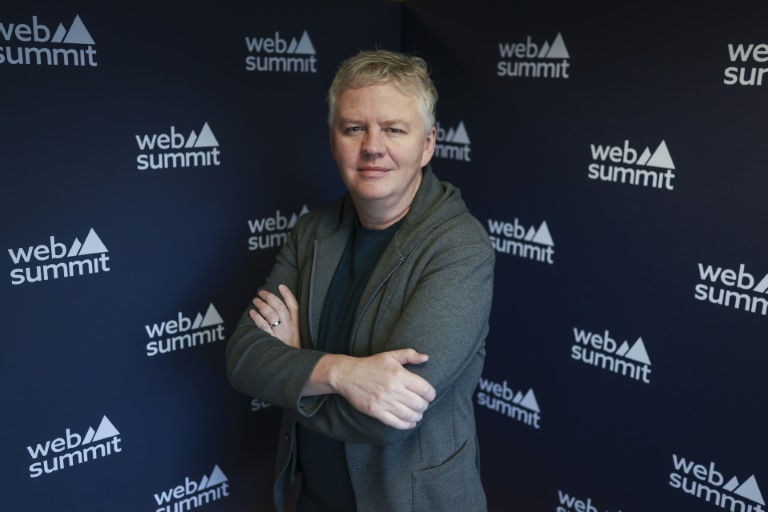Top Stories
AI Crawlers Threaten Online Revenue; Websites Fight Back

URGENT UPDATE: A surge of AI crawlers is disrupting the online economy, siphoning data from billions of websites without consent or compensation. The rise of these automated systems poses an immediate threat to traditional content producers, significantly impacting their advertising revenues.
As the digital landscape shifts, tech giants like Google and OpenAI leverage these crawlers for their generative AI models, effectively bypassing the previous revenue-sharing model where websites benefited from increased visibility. “The arrival of generative AI completely breaks” the old system, warns Kurt Muehmel, head of AI strategy at Dataiku. This trend is alarming; for instance, Wikipedia reported an 8% decline in human traffic between 2024 and 2025, primarily due to AI-driven search engine summaries.
The implications are profound. Matthew Prince, CEO of Cloudflare, noted, “The new business of the internet that is AI-driven doesn’t generate traffic.” In response, Cloudflare has implemented new measures to block AI crawlers from accessing content without payment or permission. “It’s like putting up a no trespassing sign,” Prince stated during the Web Summit in Lisbon. This initiative affects over 10 million websites and aims to deter AI companies from exploiting online content.
Meanwhile, startups like TollBit are stepping up to provide solutions for online publishers. TollBit offers tools to block, monitor, and monetize AI crawler traffic, acting as a “tollbooth” for the internet. CEO Toshit Panigrahi highlighted that they work with more than 5,600 sites, including USA Today and Time magazine, allowing publishers to set access fees for their content while charging AI firms a transaction fee for each accessed piece.
Despite these efforts, Muehmel warns that partial measures won’t solve the overarching issue. He asserts that the unchecked proliferation of AI crawlers could lead to a collapse of content creation incentives. “If the bot swarm continues to roam freely, all of the incentives for content creation are going to go away,” stated Prince. This scenario threatens not only content creators but also the AI companies that rely on original material for training their systems.
As the battle between AI technology and content producers intensifies, the future of the internet economy hangs in the balance. Stakeholders are watching closely for further developments in this critical situation. The need for comprehensive solutions is urgent, and the implications for the digital landscape are profound.
-

 Politics1 week ago
Politics1 week agoSecwepemc First Nation Seeks Aboriginal Title Over Kamloops Area
-

 World4 months ago
World4 months agoScientists Unearth Ancient Antarctic Ice to Unlock Climate Secrets
-

 Entertainment4 months ago
Entertainment4 months agoTrump and McCormick to Announce $70 Billion Energy Investments
-

 Lifestyle4 months ago
Lifestyle4 months agoTransLink Launches Food Truck Program to Boost Revenue in Vancouver
-

 Science4 months ago
Science4 months agoFour Astronauts Return to Earth After International Space Station Mission
-

 Technology3 months ago
Technology3 months agoApple Notes Enhances Functionality with Markdown Support in macOS 26
-

 Top Stories1 month ago
Top Stories1 month agoUrgent Update: Fatal Crash on Highway 99 Claims Life of Pitt Meadows Man
-

 Sports4 months ago
Sports4 months agoSearch Underway for Missing Hunter Amid Hokkaido Bear Emergency
-

 Politics3 months ago
Politics3 months agoUkrainian Tennis Star Elina Svitolina Faces Death Threats Online
-

 Politics4 months ago
Politics4 months agoCarney Engages First Nations Leaders at Development Law Summit
-

 Technology4 months ago
Technology4 months agoFrosthaven Launches Early Access on July 31, 2025
-

 Top Stories3 weeks ago
Top Stories3 weeks agoFamily Remembers Beverley Rowbotham 25 Years After Murder





















